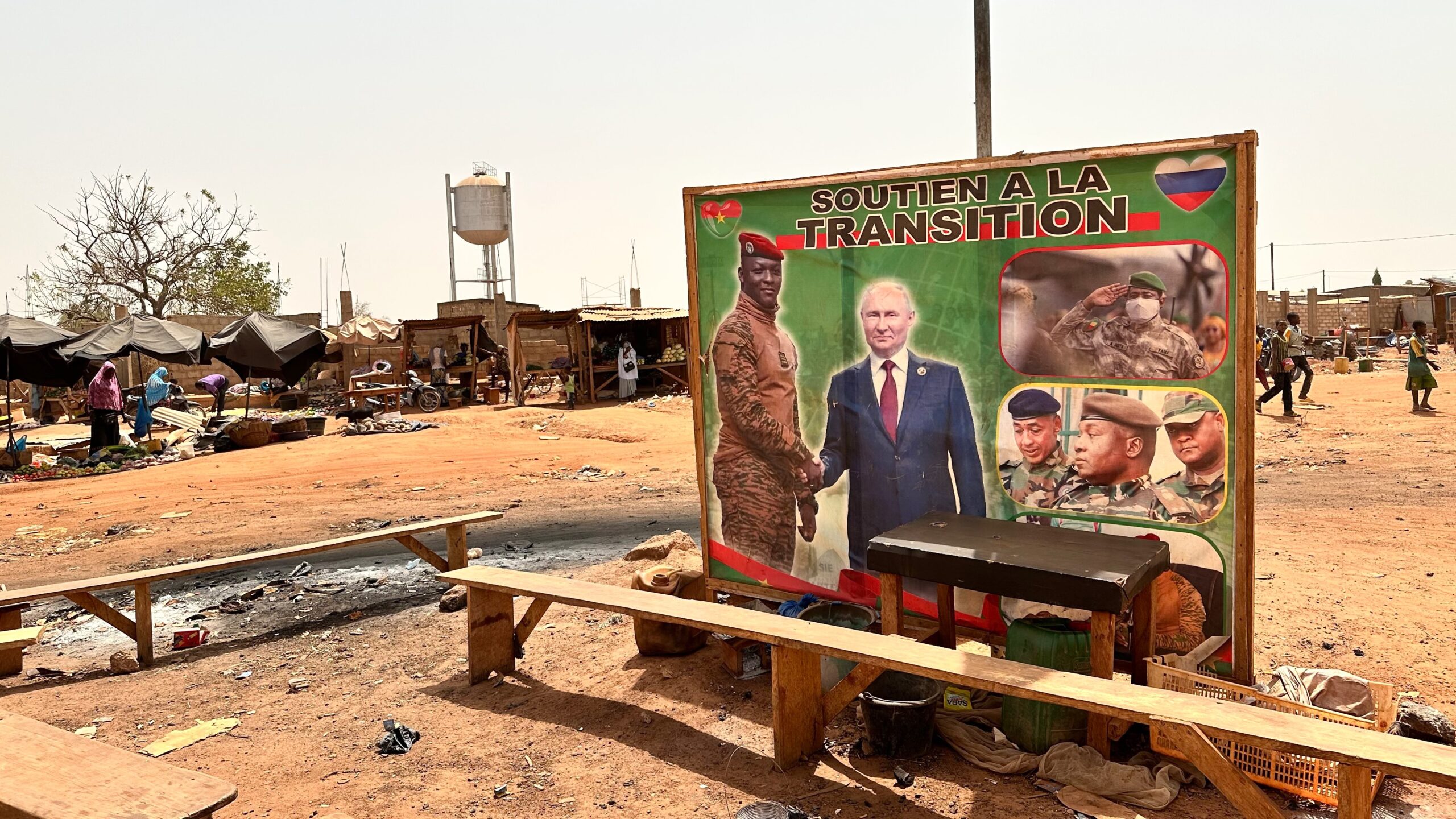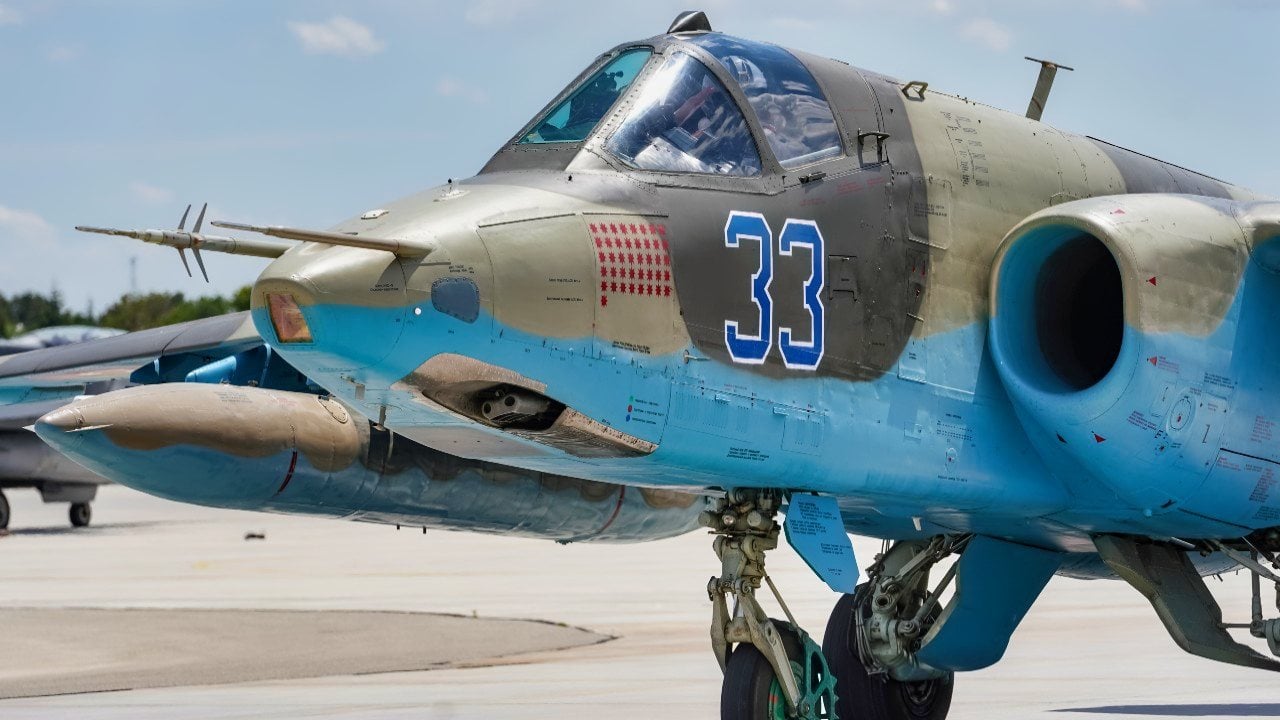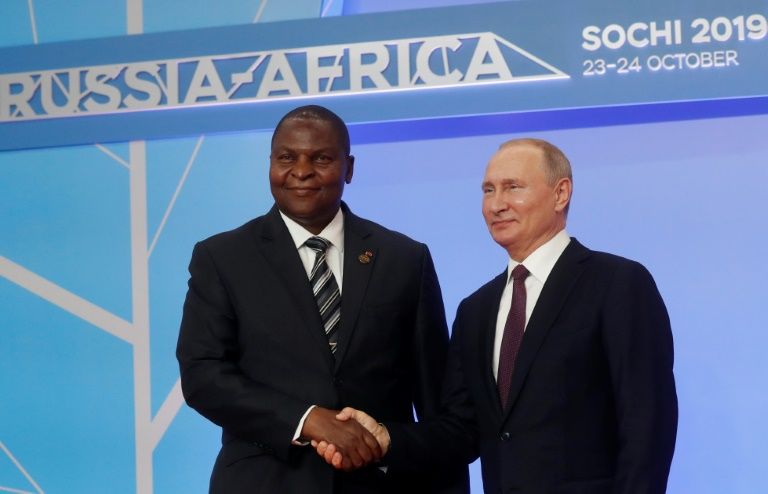


In the race to secure Africa's valuable minerals, Russia and the United States are offering different approaches to African countries. Both countries recognize the geopolitical importance of Africa and seek partnerships with African nations, but their strategies differ [06494a87].
Russia is focusing on military and security assistance, offering support in exchange for resource concessions for Russian companies. This approach allows Russia to maintain its influence in Africa and secure access to valuable resources. However, Russia's economic potential in Africa is limited compared to the West. Nevertheless, Russia remains a major player in the arms market, which gives it an advantage in certain African countries [06494a87] [2ab49678].
On the other hand, the United States is prioritizing economic and community investment in Africa. The US is implementing projects like the Lobito Corridor, which aims to facilitate the transport of critical minerals. The US also coordinates its engagement with African countries with its European partners and ties its support to the health of each country's democracy. The US approach focuses on long-term economic development and building sustainable partnerships [06494a87] [35caabab].
African countries now face a choice between the US and Russia for partnerships on critical minerals. While Russia offers military and security assistance, the US provides economic investment and focuses on democratic governance. African nations must carefully consider their options and weigh the benefits and drawbacks of each approach [06494a87].
As the scramble for Africa's minerals continues, it is clear that Russia and the United States are competing for influence and access to valuable resources. The outcome of this competition will shape the future of Africa and its relationships with these global powers [06494a87] [2ab49678] [35caabab].